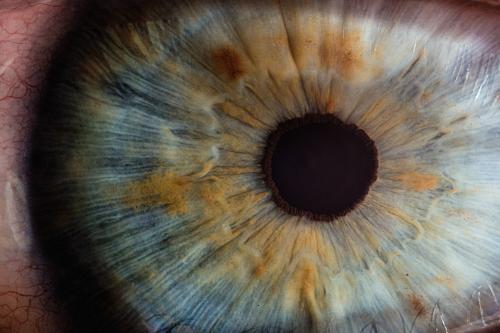
Promising results in stem cell trial for blindness
Dr. Steven Schwartz of the UCLA Jules Stein Eye Institute and Broad Stem Cell Research Center, his colleagues, and the sponsor, Advanced Cell Technology (ACT), announced the successful results of the first human embryonic stem cell (hESC) derived cell transplant clinical trial approved by the FDA to complete a clinical trial.
The results, published in The Lancet on October 14, 2014, described promising outcomes from the transplantation of hESC derived retinal pigment epithelial (RPE) cells. The article reported that the treatment significantly improved the vision in more than half of the 18 legally blind patients with either dry age -related macular degeneration or Stargardt’s disease, progressive and currently incurable eye diseases that destroy the RPE resulting in the loss of central vision.
The primary goal of the first clinical trial to test the use of the RPE cells in human beings was to identify whether the treatment is safe. The paper indicates that the transplanted cells were safe and the authors reported surprising clinical effect based on long-term follow-up of the 18 patients for a median of 22 months post transplantation and two patients for more than three years. The 18 patients were in groups that received injections of 50,000, 100,000, or 150,000 RPE cells in one eye. The clinical trial occurred at UCLA, Boston, Miami, Philadelphia and London, England.
In an interview with National Public Radio, Dr. Schwartz said, “These are patients that didn't see better for 30 years and all of a sudden they're seeing better. It's amazing." Dr. Robert Lanza, Chief Scientific Officer at ACT, noted, “Despite the degenerative nature of these diseases, the vision of 10 of 18 patients showed measurable improvement at the six month follow up, after transplantation of the RPE cells.”
Dr. Schwartz cautioned that the results are from an early stage clinical trial and testing will continue in a Phase II clinical trial to develop a better understanding of the safety and effectiveness of the cells. Nevertheless, the research represents a significant step forward in unlocking the potential of stem cells for the treatment of human disease.